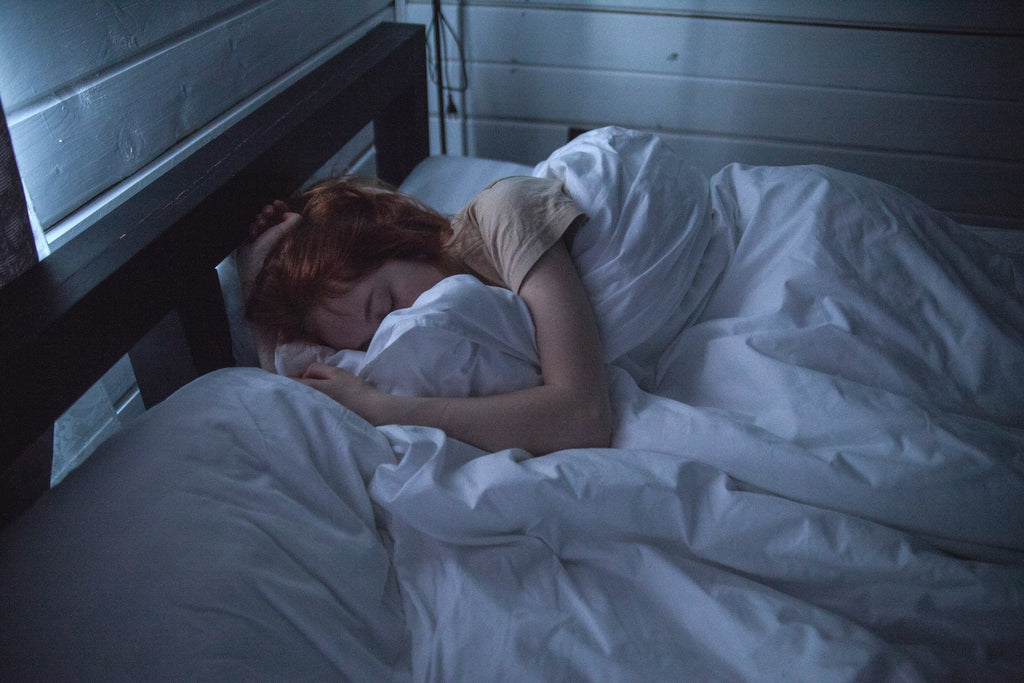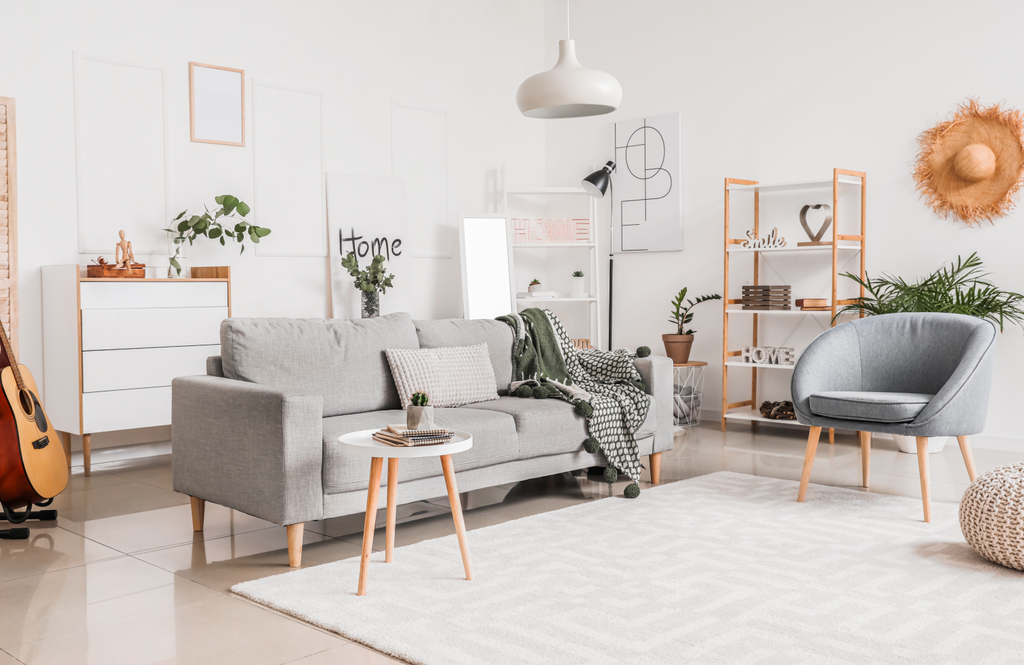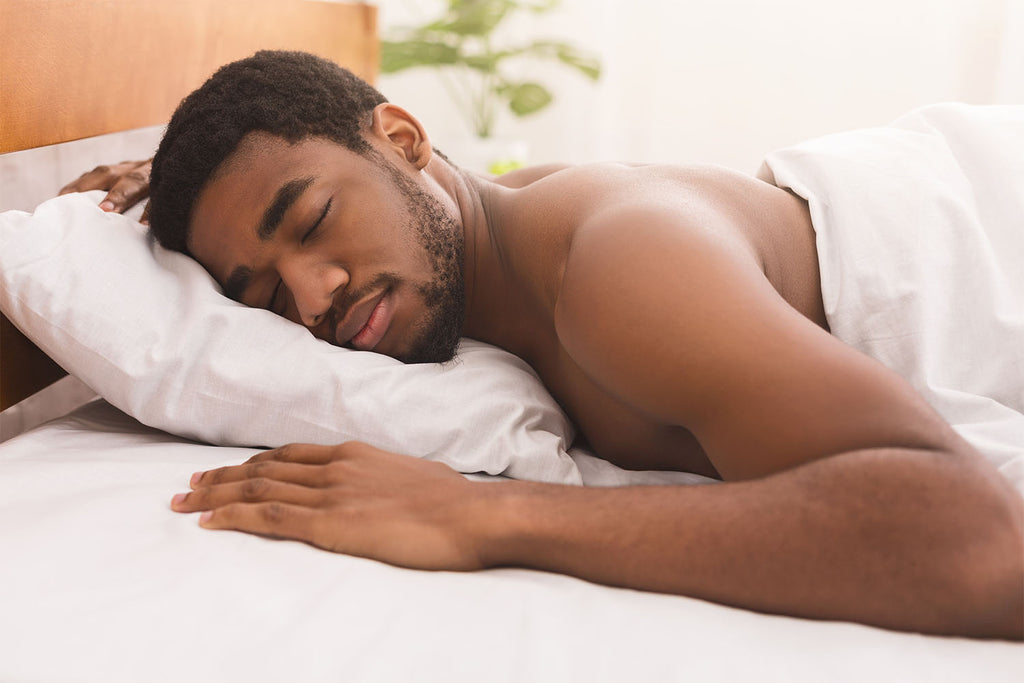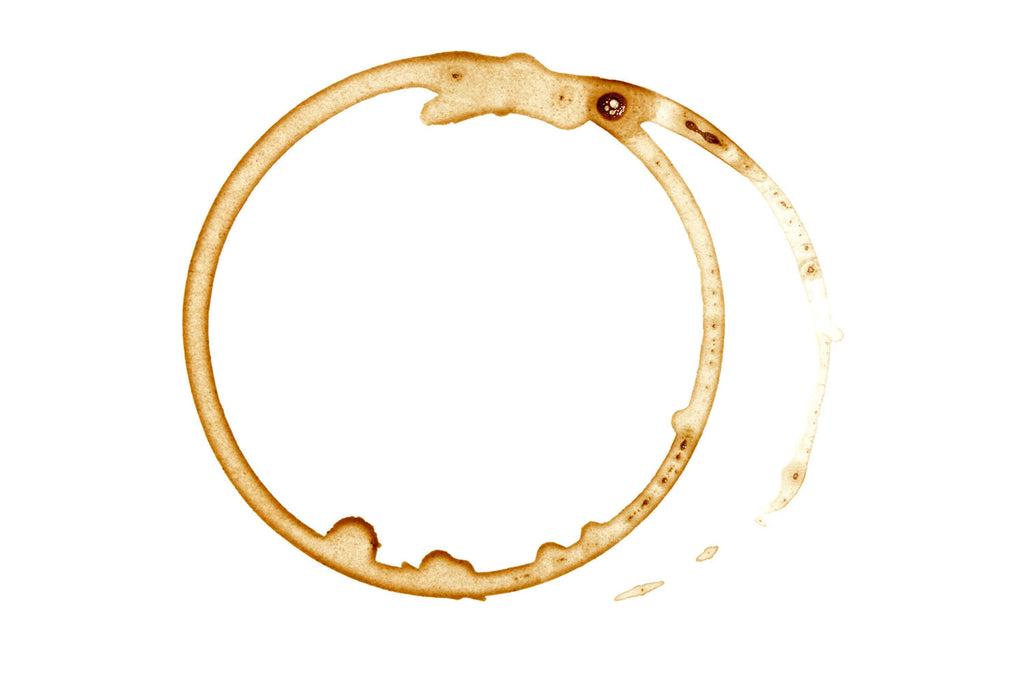
What Is Sleep Hygiene?

There’s an endless amount of jargon surrounding the concept of healthy sleep. For instance, you may have heard the term “sleep hygiene” circulating online and in spaces involving self-care.
What sleep hygiene really boils down to is a set of practices that you can implement into your nightly routine that can improve your sleep and overall quality of waking hours too.
With the tips below, hopefully, you’ll have that sleep hygiene up in no time:
Sleep Hygiene: Is It Healthy Sleep?
Before we get into any of the tips to improve sleep hygiene, we’ll give you a simple definition: Sleep hygiene can be defined as healthy sleep habits and practices that contribute to a restorative’s night's rest.
These habits could be anything from having a bedroom environment conducive to sleep along with practices like keeping a consistent sleep schedule, having a set bedtime routine, and engaging in activities, such as exercise, that will promote prolonged sleep throughout the night.
In short, ensuring that your sleep hygiene is as solid as possible can have an influence on your sleep — snoozing peacefully and waking energetically.
How Much Sleep Do I Need?
The optimal hours of sleep can vary from person to person and can vary widely based on age. For example, newborn babies sleep for 14 to 17 hours a day. That number decreases with age, and adults 18 to 60 years old will sleep for about seven to nine hours a night.
Sleep hygiene is critical to logging the ideal amount of sleep. Here’s why and how:
The Importance of Sleep Hygiene for Your Overall Sleep Health
Getting enough sleep is one of the most powerful forms of self-care when it comes to maintaining both mental and physical health. A good night’s sleep should never be underestimated!
Getting enough hours of sleep promotes mental health because the brain can facilitate the brain’s ability to decompress and work through emotions. Throughout the night, when sleeping, the brain helps create memories. Sleep problems are shown to create difficulty in consolidating positive memories.
People who experience sleep disorders like sleep apnea could experience adverse effects on physical health. A lack of sleep could increase the likelihood of various kinds of illnesses, such as heart disease and diabetes. In order to maintain your overall well-being, sleep hygiene is of great importance.
If you are wondering whether or not you have poor sleep hygiene, then examine how easy it is for you to fall asleep at night. If you wake up on and off throughout the night, are sleepy throughout the day, and lack consistent rest, you could have poor sleep hygiene practices.
Tips for Good Sleep Hygiene
Now that you know how vital sleep hygiene is, we’ll break down some of the most common and helpful tips to ensure you get the best sleep possible, leaving you feeling ready to conquer the day ahead!
Some of these tips may be more impactful on certain people than others, but use whatever you feel will be best for your day and what you can put into your normal routine. None of these are necessary for quality sleep hygiene; just a recommendation. Your doctor or main healthcare provider can instruct you further on what sleep techniques might benefit you most.
Concrete Sleep Schedules
Here are some tips that directly have to do with the type of sleep that you are getting each night.
- Wake up at the same time every day: Even if it is a weekend, one of the best sleeping practices to implement is getting up at the same time every day. This will help set your body’s sleeping rhythms and get your sleep on a consistent schedule. Waking up to a regular alarm may help you overcome daytime sleepiness.
- Sleep is a priority: As we’ve mentioned, sleep is hugely important to your overall health, so make it a priority. Many skip out on the sleep they need in order to finish a project from work, stay out with friends, and so on. Make it a priority, and hopefully, you’ll be feeling great in no time.
- Create small changes: If you change when you get up and go to bed, dramatically switching the times will not set you up for success. Maybe try going to bed an hour earlier as opposed to three; this should make the process much easier.
- Try and limit naps: Naps are a great way to boost some of your energy throughout the day, but taking too many naps can interfere with your ability to get to bed at night. Try to keep it to one nap per day. Keep them short, and try not to nap at night.
What Is Part of a Solid Bedtime Routine?
The moments leading up to when your head hits the pillow are just as important as things like wake-up time and the number of naps you take.
Here are some tips to elevate your bedtime routine for the best sleep hygiene:
Create a Consistent Routine
Sticking to the same bedtime routine, such as reading a book or putting on some calming music, every night before bed should allow your brain to associate this routine with heading to sleep. This practice can help you maintain your circadian rhythm.
Dedicate at Least 30 Minutes to Your Routine
This is a decent chunk of time to allow yourself to relax and wind down, whatever that may be. You can do this by doing some stretching, listening to a meditation playlist, or whatever works best for you.
Create a Low-Light Environment
If you are around bright lights before bed, it’s going to decrease your body’s production of melatonin. It’s best to have dim lights around your space if you are trying to go to bed soon. Blocking out natural light can help you create a relaxing sleep environment.
Stay Off Your Phone
This doesn’t even just mean your phone; you should really try and avoid all electronic devices before going to bed, at least 30 minutes beforehand. Your cell phone, laptop, and TV cause mental stimulation and emit blue light, keeping you up.
Focus on Relaxing Activities Rather Than Sleeping
Sometimes, intently focusing on falling asleep does the exact opposite. Instead of putting all of your mental energy into trying to get some shut-eye, try paced breathing, meditation, or other relaxation methods.
If You Can’t Sleep, Get Moving
Tossing and turning while trying to get to bed isn’t going to get you to sleep any easier. If you find that you can’t fall asleep, get up again and try stretching, reading, or doing some other calming activity for a couple of minutes.
Daily Habits That Support Sleep Hygiene
What you do throughout the day definitely helps improve your sleep hygiene. Daily habits are an essential part of getting that sleep that you need, so here are some of our best tips for habits that promote restful sleep.
Daytime Changes
- Get out in the sun: Sunlight plays a key role in driving the circadian rhythm. If you experience a suitable amount of sun (safely!), your body should naturally crave rest.
- Get some exercise: If you struggle to get to sleep, implementing some physical activity into your daily routine could help. Exercising should tire you out to the point where you’ll be looking forward to some deserved rest.
- Try not to do work in bed: This one could be hard to avoid, especially if you work remotely like a lot of people these days. But if you work in your bed all day, your brain may associate your bed with work rather than sleep.
Food and Beverage Changes
- Avoid nicotine: Nicotine is a stimulant and majorly disrupts sleeping patterns. Try to avoid nicotine products altogether, but especially before bedtime.
- Cut down on alcohol: Alcohol disrupts the body’s ability to keep you asleep and get a night full of rest. While you might find it easier to get to bed after a couple of drinks, your quality of sleep will diminish.
- Avoid caffeine later in the day: We’re not asking you to skip out on your morning cup of coffee, but having caffeine closer to bedtime will make it much harder to get to sleep since caffeine is a stimulant. Try to say no to a cup of Joe after 2 PM.
- Try not to eat too late: If you’re eating too close to when you would normally head to bed, that could cause some issues with your sleep. If it’s a large or spicy meal, your body might spend a lot of energy digesting the food, keeping you up. Stick to lighter snacks before bed.
Remember: Everyone Is Different
These are just some things you can do to help improve your sleep hygiene. But remember, you don’t need to do all of these things to get better sleep. Do what you find works out best for you and your needs throughout the day.
Wrapping Up
Sleep hygiene is a combination of practices and habits that will help you get to bed as quickly and easily as possible.
Some tips you could try and implement are making your space as relaxing and comfortable as possible, engaging in daily habits, such as exercising, that promote sleep, and avoiding stimulants such as caffeine and electronics before bed.
Sources:
Mental Health and Sleep | Sleep Foundation
Physical Health and Sleep: How are They Connected? | Sleep Foundation
What Is Sleep Hygiene | Sleep Foundation
Tips for Better Sleep | CDC.gov | Centers for Disease Control and Prevention



